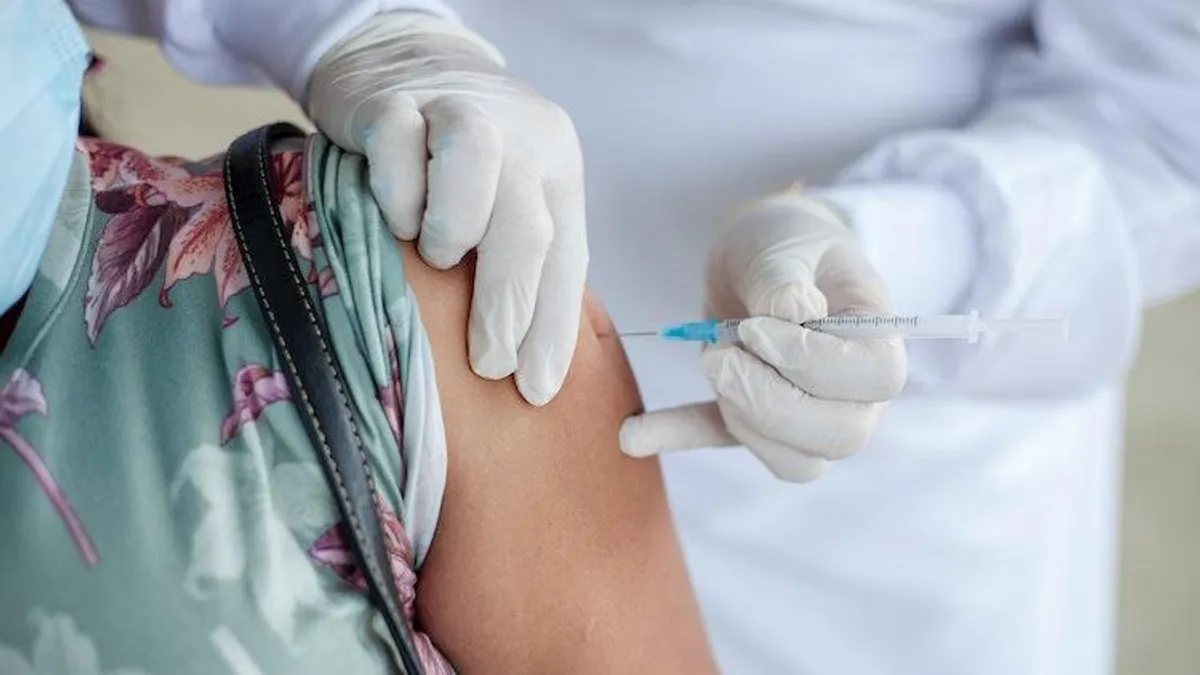News
New HIV Vaccine Trial Shows Extreme Promise

Photo by FRANK MERINO
The vaccine uses an engineered protein from within the virus.
December 03 2022 4:10 PM EST
December 03 2022 4:13 PM EST
By continuing to use our site, you agree to our Private Policy and Terms of Use.

The vaccine uses an engineered protein from within the virus.
A small, phase 1 trial testing a new HIV vaccine delivered positive results in 97 percent of recipients.
The vaccine was created from an engineered version of a protein within the HIV virus. This particle, according to an article on Science Alert, was designed to get the body ready to produce the neutralizing antibodies thought to be critical for HIV immunity.
Forty-eight participants received either the vaccine or a placebo, while 35 of the 36 dosed with the vaccine showed an activation of antibody precursor B cells that could pave the way to immunity.
The results of the study were published in the academic journal Science alongside World AIDS Day. The study was first announced in 2021 and was co-run by the International AIDS Vaccine Initiative and Scripps Research.
William Schief, an author from the study and a professor in the Department of Immunology and Microbiology at Scripps Research, said, “There’s only a few patches on the surface of the HIV spike that remain the same or relatively the same across different isolates. And we’re trying to elicit very specific antibodies that have very specific properties that allow them to bind to those exact patches.”
No one reported any serious side effects. Any pain at the injection sites or associated headaches were mild to moderate and resolved within a few days.
Additionally, Schief said he and his team are also currently working alongside Moderna to create and test a vaccine to deliver vaccine particles via mRNA instead of the protein-based model currently in use.
With a phase 1 trial of the same particle in place, as well as another using the mRNA delivery system and an additional clinical trial in Africa, it could take time before phase 2 trials begin. Schief also warns that there’s no guarantee it will ultimately work.
“We’re optimistic that there’s some chances that this approach may be helpful for more than just HIV,” he said. “Even though if it only helps HIV that would be enormous.”